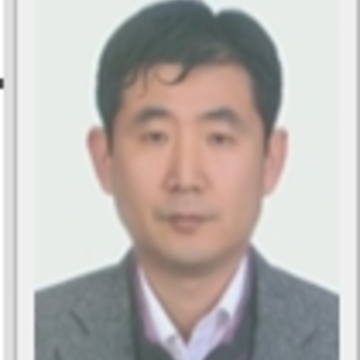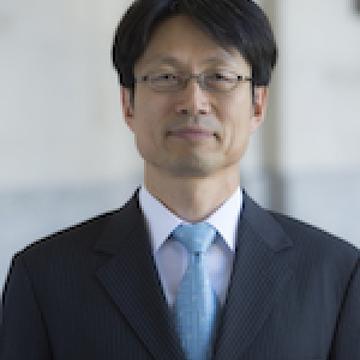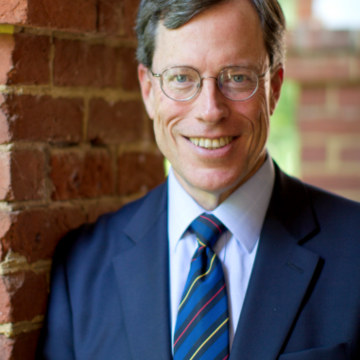Shutterstock.com
To end the Korean War? Peace on the Peninsula
Byoung-Kon Jun, Jae-Jung Suh, Philip Zelikow
11:30AM - 1:00PM (EDT)
Shutterstock.com
Event Details
Are we on the verge of peace or another bout of crisis over the Korean peninsula? It was not too long ago that the United States and North Korea hurled nuclear threats at each other, bringing the world closer to a nuclear confrontation. After heated exchanges of threats and counter-threats in 2017, however, President Donald Trump met with Chairman Kim Jong-un of the Democratic People's Republic of Korea in 2018 for the historic first summit between the two countries.
They met again this year in Hanoi for a second summit. Why did the two leaders turn away from their hardline policies of 2017 to engage each other in diplomacy? Has their diplomacy resulted in any tangible progress on Korea's denuclearization or peace? What are the prospects that their second summit will do so?
On March 20, nine delegates from the Korea Institute for National Unification (KINU) will come to the Miller Center to attend the inaugural KINU-UVA Joint Symposium on Korea. The KINU is the South Korean government think tank on the issues related to the unification of the two Koreas. In the symposium, two leading experts will address the aforementioned questions and more. UVA and Miller Center Professor Philip Zelikow, Professor Jae-Jung Suh from Japan (International Christian University), and KINU Vice President Byoung-Kon Jun will give the audience an update on the summit and their analysis. They will also add historical context and regional perspectives to help clarify the situation on the peninsula and Northeast Asia.
Organizing committee: Jae-Jung Suh (International Christian University, Japan), Sang Ki Kim (Korea Institute for National Unification), John Owen (University of Virginia), Seung-Hun Lee (University of Virginia).
This international symposium is generously supported by the Korea Institute for National Unification, the Miller Center of Public Affairs, the East Asia Center, Department of Politics, and the UVA Korea Society.
When
11:30AM - 1:00PM (EDT)
Where
2201 Old Ivy Rd
Charlottesville, VA 22903
Speakers

Byoung-Kon Jun

Jae-Jung Suh

Philip Zelikow